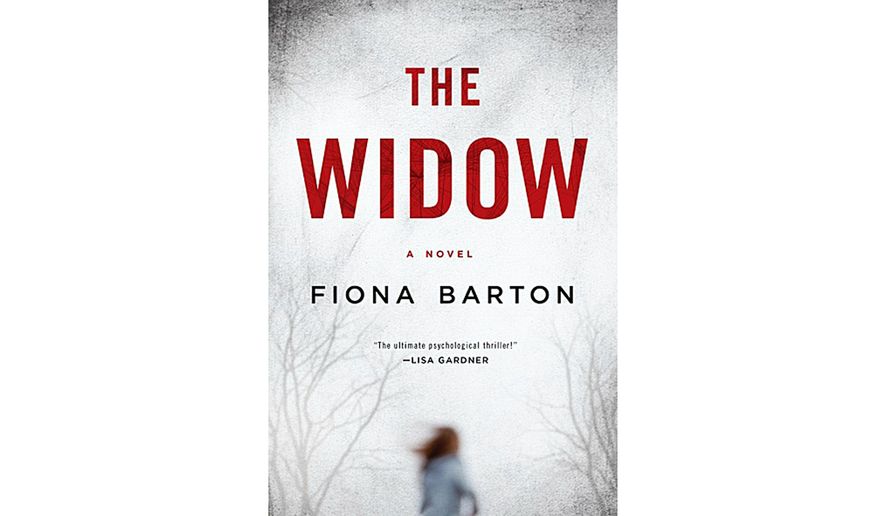High Five!! Today is my first official day of summer. Sort of. I have two meeting days Thursday and Friday, but until then, I'm off. My finals are graded, my grades are, in the word of a former student who said this phrase at the end of every class, "DUNZO." Whew. What a long, strange year it's been.
Rather than focus on the craziness of our school year, I've decided to focus on this summer. Here is a list, more for me to get down on paper, of things I plan to do this summer.
--------------------------------------------------------------------------------------------------------------------
1. Celebrate my son graduating from high school and help to get him ready to go to college. We are driving up to Preview Day tonight, and he will meet his roommate. He's my "one and done," and this is an exciting time. I am so proud of him, and can't wait to see what awaits him next! His graduation present is a trip to
Climb Mount Kilimanjaro. Because this kid loves challenges. I love this boy!
--------------------------------------------------------------------------------------------------------------------
2. Write a textbook for my Problem-Solving class. This is definitely going to take up a bulk of my time this summer. I will likely dedicate a few hours a day. My plan is to make a chapter of problem sets. My students recommended six problems a week; I normally gave eight. Maybe I will settle for seven. Then I have to break up what I do into chapters. Off the top of my head, I'm thinking a unit on Figurate numbers, probably one on just "problem-solving" itself, solving the Rubik's Cube, cryptography, probability, and I will probably have "famous problems" strewn throughout as warm-ups. And there has to be a miscellaneous chapter because there is a lot more to include, even though this is a semester class! I am hoping to have a recent graduate design the cover.
--------------------------------------------------------------------------------------------------------------------
3. Go to the library to get books. I used to feel that I had to finish every single book I read. I would get so bored with some books that I would just stop reading because I couldn't get through the book. One day I just said to myself, it's OK if you don't finish what you started. Wow. Revelation. Freedom. But now, I buy books on Amazon and don't finish them...what a waste. So I am going to get them from the library this summer. My friend just posted on facebook that if you want a book that is on a waitlist, see if it's available in large print. I like that idea, especially since I am just starting to need reading glasses (sigh.) I just finished
The Widow...a page turner for those who liked
Gone Girl, but creepy. I am going to get Yaa Gyasi's novel
Homegoing next. It's about slavery in Ghana and America over a 300 year period.
--------------------------------------------------------------------------------------------------------------------
4. Continue my workout regimen. After spring break, I started with a trainer who trained a former student of mine. She lost 55 lbs! I decided to bite the bullet and spend the pricey amount to see him three times a week. And I'm glad I did. Putting in that amount of money ahead of time, for me, meant that I could not cheat. I knew I'd let myself down if I did, but more, how could I tell my husband that I just blew all that money on nothing? Well, after 10 weeks, I'm 13 pounds down, and could not feel better. Basically, it's a workout that consists of lifting very heavy weights three times a week plus cardio. I have always been an active person who works out a lot, but I was doing the wrong workouts...too much cardio, not enough weight training. He also put me on a diet where I eat 5 meals a day and hardly any carbs and no sugar. After the first month, so many people told me I looked younger...I know it's because of the effect of the sugar on my skin. I feel great, and my husband bought me these
Beats yesterday, and I can't wait to use them at the gym today. So I am weaning myself off of training three times a week and will go myself. However, my trainer suggested I continue to work out once a week with him to maintain. At first, I did not want to spend the money. But I decided I'm worth it. And if it means I have to tutor one more time a week to make up for it, so be it.
Email me if you want to hear more about the diet and exercise plan I am on.


--------------------------------------------------------------------------------------------------------------------
5. Plan my trip to Israel! I am going with a group called
JWRP, which stands for Jewish Women's Renaissance Project, and is for mom's in their 40's with children under the age of 18. I met the 10 other women I'm going with, and I can't wait. It is my first time going to Israel, and has been a dream of mine to go since I was a little girl. Women going with other women--it sounds so amazing. We will be there with 400 other women coming from around the world at that time. I will be going in late July, and I am told it will be a life-changing experience.
--------------------------------------------------------------------------------------------------------------------
6. Get ready for PD. This summer, I am pumped to go to Twitter Math Camp again (can't wait!) and also we have a summer institute at my school. The last day of our summer institute is called "Ignite, Innovate, Inspire," and volunteers from our faculty will be presenting on best practices, mostly involving technology. I will be presenting on how to create a PLN using blogs and Twitter (surprise, surprise) as well as on visible random grouping, which I blogged about
here, and Zaption, which I blogged about
here. My student designed a cute logo (below), which we made into computer stickers and also got made on cups for participants.
--------------------------------------------------------------------------------------------------------------------
7. Organize, organize, organize. I do this every summer, and it feels good to put things back in their proper places after shoving them in shelves over the year in a made rush of cleaning. The book, The Happiness Project, has a chapter about cleaning that I love. That's as far as I got in that book...I have to finish reading that one!
--------------------------------------------------------------------------------------------------------------------
I hope you all have a restful, renewing summer where you can relax, reflect, travel, and spend time with loved ones!


















